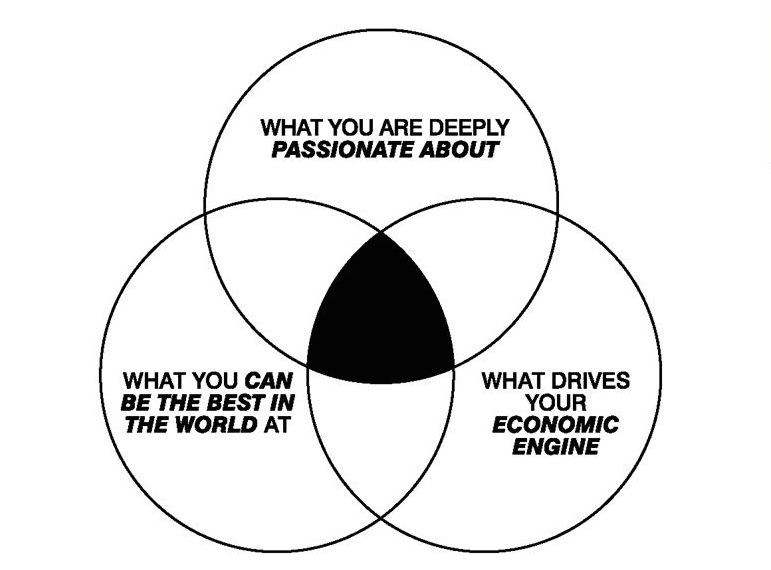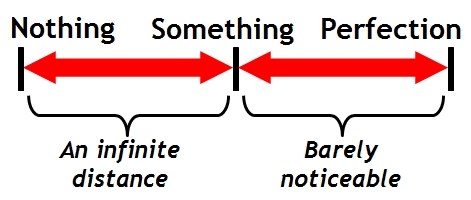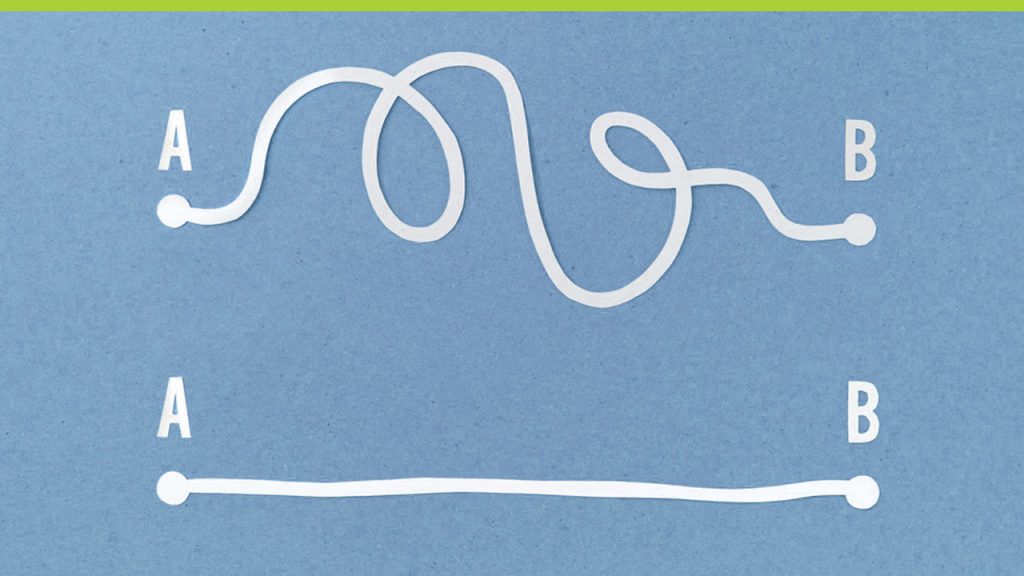Our 80/20 Philosophy
Is it 80/20 or 20/80?
If you’re at all familiar with us, our story or how we do business you’ll know we have a certain outlook or philosophy on things. What follows could be perceived as a bit of a “soap box rant” but I think it’s more than that – I hope it clarifies what it’s like to work with us, while also providing you with some understanding of what we believe is important when it comes to implementing solutions for your business, be it an electronic ticketing solution or any other business system.
As the saying goes; “A journey of a thousand miles begins with a single step”. Philosophical elements aside, to us, the most relevant part of this quote is the realization that a journey is nothing more the result of lots of little steps and for us, a successful implementation is no different – a lot of little steps that result in a meaningful outcome. But after literally hundreds of implementations, and quite possibly thousands of customer conversations we routinely see the same, in our opinion “flawed” thinking, when it comes to implementing a solution.
Warning: Rant forthcoming…
#1. Companies begin with the best intentions but quickly forget what matters.
Too often we meet clients and companies who start with “needs” and before long, begin to ask us about introducing “wants”. Let’s go back to the journey quote above – we’ll start with a single step, we can add more steps, take bigger steps, or even faster more frequent steps (aka: running) but it all starts with a step.

Our beliefs about importance of focus and priorities (do less and do it better) were formed in part when we read Good To Great by Jim Collins, one of a handful of business books that shaped our company.
Based on what we know and what we’ve seen, we can confidently say, by focusing on 20% of the problem (aka: the “need”), it’s highly probable you’ll realize 80% of the value of a “perfect” solution. That’s why we call it 20/80, not 80/20. When starting a project, don’t lose sight of what’s important. Do you drive a vehicle because it’s a mode of transportation and you need to get from point A to point B faster than walking or taking transit, or because it’s a comfortable chair?
Time and time again customers will see the 20% deliver 80% of the value and want to keep chasing the remaining 20%, or in more cynical terms it sounds like this “geez, FieldCap, this is awesome, it’s so much better than what we used to have, it does exactly what we need it to, but can we delay implementation for 12 more months in effort to try and make it absolutely perfect by adding in all these other nice to have optional features?”. Let me ask you this – where would we be if the Wright Brothers waited to fly until they had perfected in flight entertainment?

#2. Perfection is a moving target.
Related to the above is the realization (err, fact?) that the most sustainable changes are incremental. Often once projects get rolling customers and users see what’s possible and want to go from nothing to perfection. I once told a client “You can’t go from eating 4,000 calories/day to one plate of Kale and expect to be happy, no matter how badly you want to get fit, that’s just not a realistic approach”.
With much experience in this topic we believe with all our capacity that critical to any project implementation is the ability to remain agile (don’t believe us, research Agile Principle). It’s typical that customers have been longing for a solution for so long that they believe, errr, correction – they think they know what “done” looks like.
Without going fully philosophical there is an element of the “butterfly principle” at play here. You know, the concept that a butterfly flaps it’s wings in the amazon and it turns into a hurricane or other weather system on the other half of the world? Same deal with fixing a problem in your company or with you field tickets. As soon as you take care of one “problem” you may prevent or create others. The point here is once you start on a solution you need to remain agile to see where it goes and what comes of it.
So there you have it, two pieces of mindset (or philosophy) that drive how we do business – realize any project is a journey of many steps, and remain agile so that you can adapt and react to where those steps take you.
Need a real-life example?
Next time you set out of a road trip in your vehicle pause and recognize that
A) You’re not going to get teleported and your progress is a result of every single revolution of your tires (a step), and
B) Plug in your cruise control and see how long you can go before having to change lanes, slow down or speed up (remaining agile) or risk ending up in an accident (or the ditch).
If you can relate to this, or if you want to learn more about how we can keep you out of the ditch when it comes to electronic field ticketing solutions, give us a call, we’d love to chat!

Get Started Today!
Learn how you can organized faster and easier than you think.
